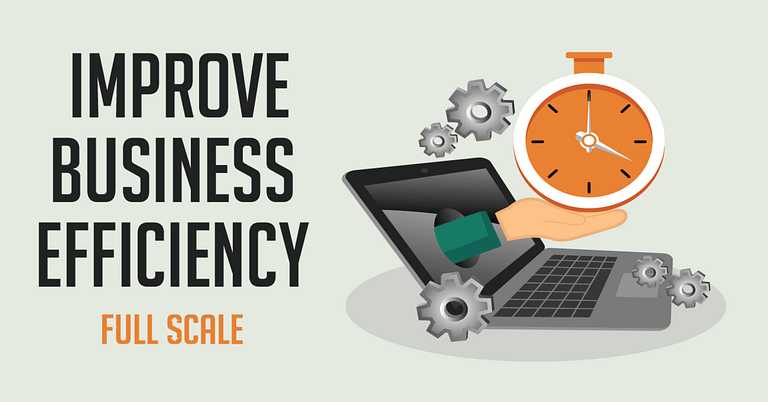In a world where efficiency can make or break a business, the tools you use play a crucial role. While generic software can get you started, it often lacks the flexibility needed to address specific business challenges. Custom software, on the other hand, is designed specifically for your needs, offering unmatched efficiency and productivity. Let’s explore how custom software can transform your operations and give you a competitive edge.
1. Streamlining Processes with Automation
Many businesses waste hours on repetitive tasks that could be automated. Custom software helps automate these workflows, from generating invoices to managing inventory and scheduling appointments. For example, a retail business can implement a system that automatically tracks stock levels, reorders products when inventory is low, and sends notifications to managers. This reduces human error and allows employees to focus on more strategic tasks.
2. Scalability to Match Business Growth
Off-the-shelf software often comes with limitations. As your business grows, you might need additional features, more storage, or better performance—something generic software may not offer. Custom software is built to grow with your business. For instance, an expanding e-commerce platform could integrate advanced features like AI-driven recommendations and personalized marketing strategies without switching systems.
3. Seamless Integration with Existing Tools
Businesses often use multiple tools to handle various aspects of their operations, such as CRMs, accounting software, and inventory management systems. Custom software can unify these tools, creating a centralized hub for all your operations. This reduces the need to switch between platforms and ensures data consistency, enhancing productivity.
4. Enhanced Data Management and Analytics
Data is the lifeblood of modern businesses. Generic software may offer basic reporting features, but custom solutions can be designed to collect, analyze, and visualize data in ways that align with your goals. For example, a healthcare provider could use custom dashboards to monitor patient outcomes, track staff performance, and ensure regulatory compliance.
5. Tailored Security Measures
Cybersecurity threats are ever-evolving, and relying on off-the-shelf software with generic security protocols can be risky. Custom software allows you to implement advanced security features tailored to your needs, such as multi-factor authentication, data encryption, and access control. For businesses in highly regulated industries, this ensures compliance with data protection laws.
Conclusion:
Custom software is not just an investment in technology—it’s an investment in your business’s future. By streamlining processes, enabling scalability, and enhancing security, it positions your business for long-term success.









